[Opinion] Each athlete should have the option not to stand during the national anthem
TNS
Eli Harold (58), Colin Kaepernick (7) and Eric Reid (35) of the San Franciso 49ers kneel during the national anthem before a game against the Dallas Cowbowy on October 2, 2016, at Levi’s Stadium, in Santa Clara, Calif. (Nhat V. Meyer/Bay Area News Group/TNS)
March 16, 2021
Our country’s national anthem has been at the forefront of controversy over the last several years. There are groups of people who feel that the Star-Spangled Banner does not fairly represent their culture and therefore have chosen not to stand while it’s being played.
In 2016, NFL quarterback Colin Kaepernick of the San Francisco 49ers was the first professional athlete to kneel during the pre-game national anthem in an effort to call attention to social injustice. This led many people to question the song’s meaning and caused a rift between players and their sports leagues across the United States. The national anthem should not be required before every professional sporting event since our country has changed in many ways and people want their voices to be heard more than ever.
Francis Scott Key wrote the Star-Spangled Banner in 1814. At first, theStar-Spangled Banner trailed in popularity behind other 19th century patriotic tunes such as Yankee Doodle and Hail Columbia. But during and after the Civil War, the Star-Spangled Banner was used as a song to boost morale.
In the late 19th century, live military bands occasionally played the Star-Spangled Banner at baseball games, but the song wasn’t yet a tradition at sporting events. That changed on Sep. 5, 1918, during Game 1 of the World Series between the Boston Red Sox and the Chicago Cubs during World War I. The song became even more popular during the second world war as patriotism continued to surge.
In 2016, when Kaepernick decided not to stand during the anthem, he didn’t do so out of disrespect for the military, rather choosing to take a knee to protest police brutality. This sparked many activists and civil rights groups to agree with the athlete’s decision.
During a very turbulent 2020, there were many incidents that racially divided our country. This brought the subject of social injustice and standing during the anthem at sporting events to the forefront of controversy again.
But Kaepernick wasn’t the only athlete to protest. In August of 2020, players from the National Basketball Association, Women’s National Basketball Association, Major League Baseball and Major League Soccer decided to go on strike, walking off courts and playing fields in protest of systemic racism and police brutality. These strikes, which occurred in the wake of protests after the deaths of unarmed black people at the hands of law enforcement, allowed black athletes to use their platform to protest racial injustice in our country.
The NBA’s Dallas Mavericks did not play the national anthem in their first 13 preseason and regular season home games to start the 2021 season, breaking with tradition in professional sports. This, once again, sparked many people to come out and question if it should really be a requirement for all the teams to play the anthem before each game. The NBA then mandated that the Mavericks start playing the anthem again as it was a longstanding league requirement.
Some may say that sports and politics shouldn’t be mixed, however, sports, politics and racial injustice are intertwined in today’s day and age. Overall, the anthem should not be required to be played at every game, as some traditions are meant to be changed. Athletes have the right to protest or not stand while the Star-Spangled Banner is being played.

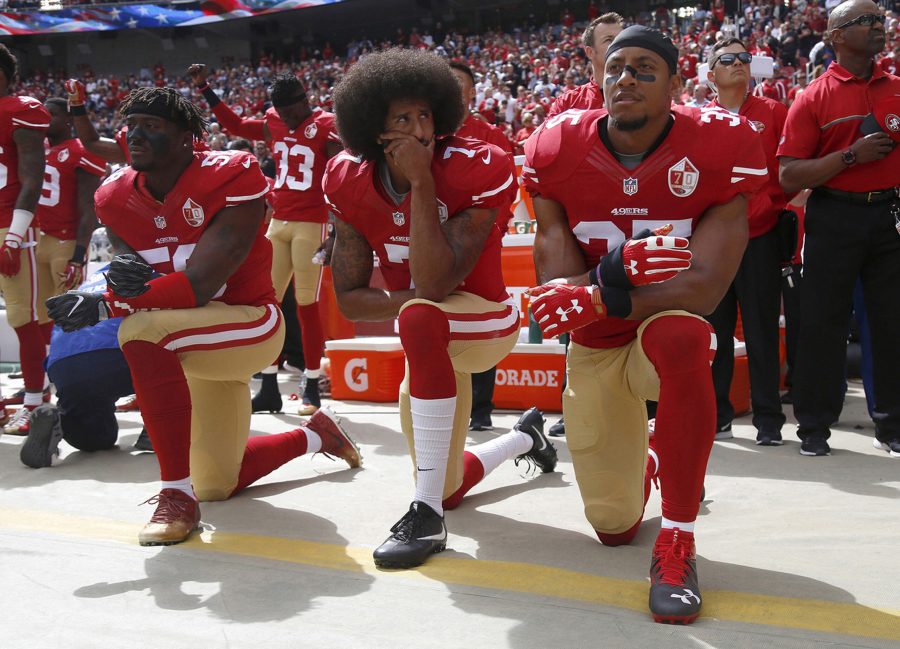


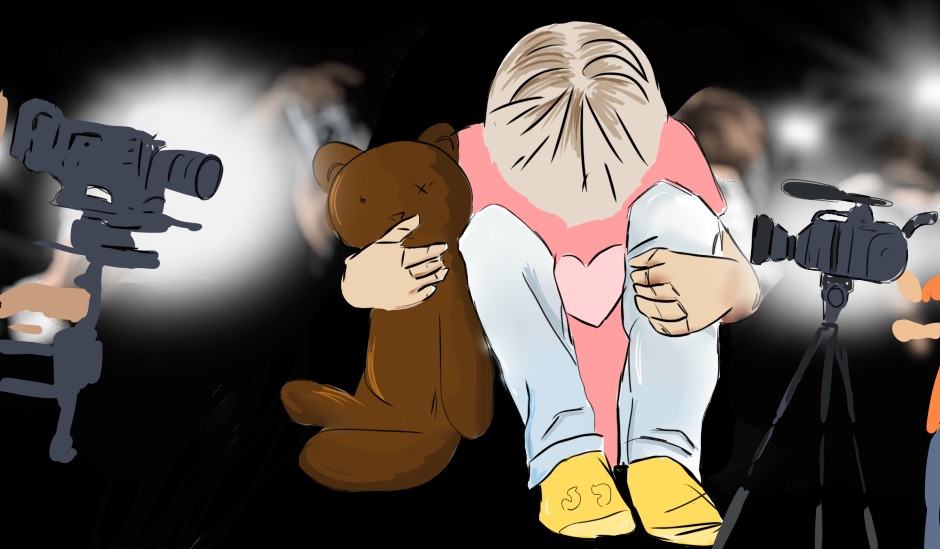
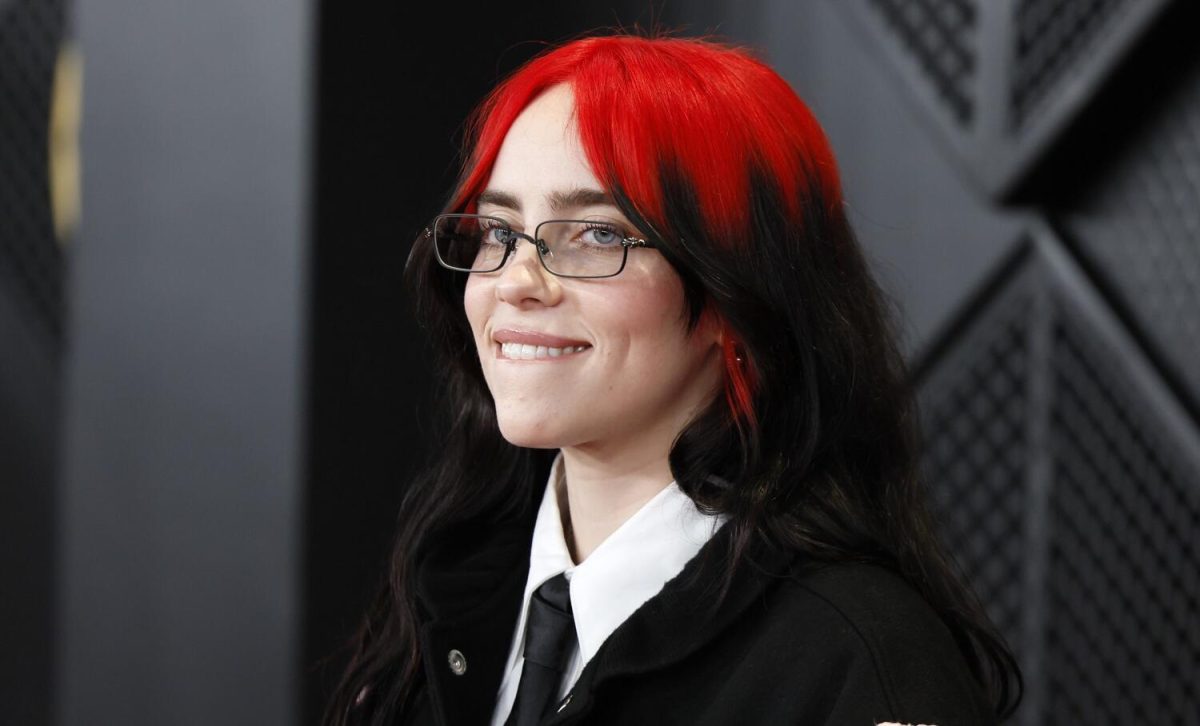

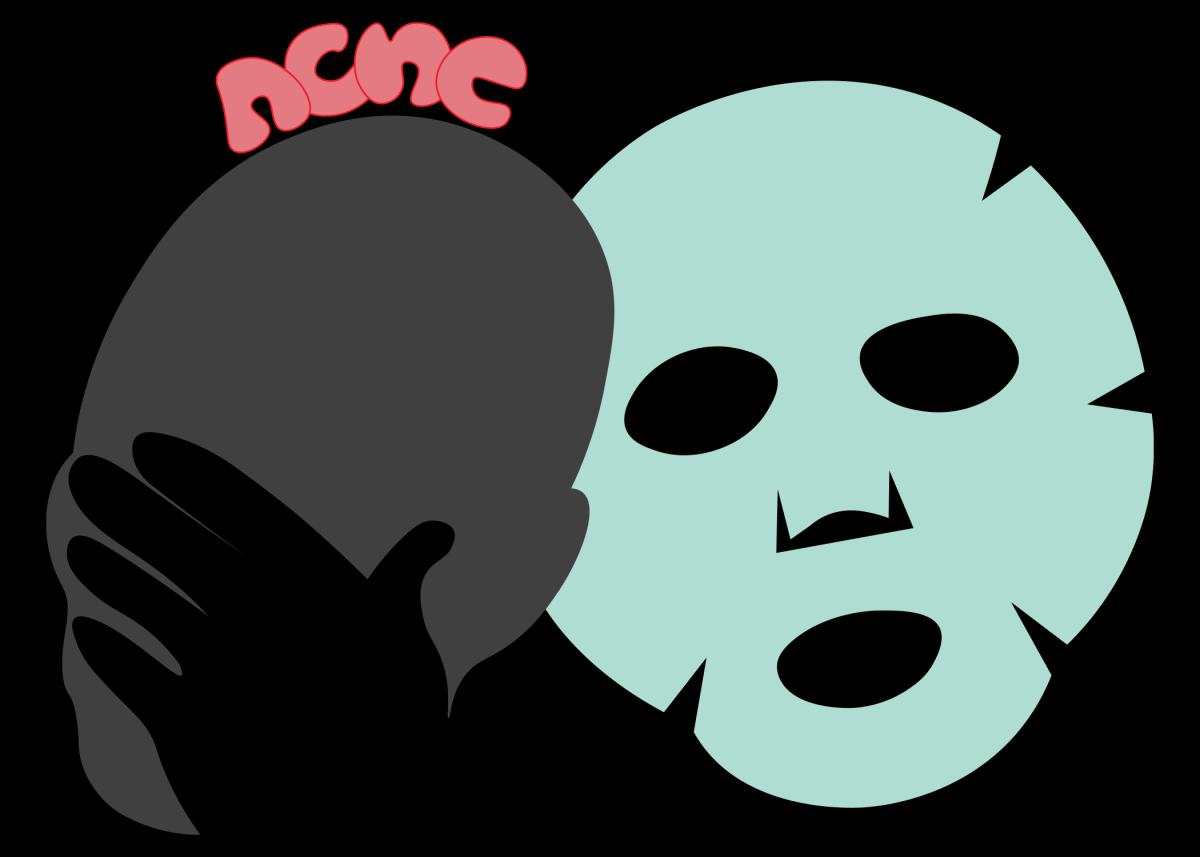





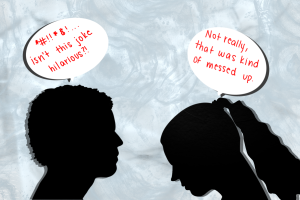
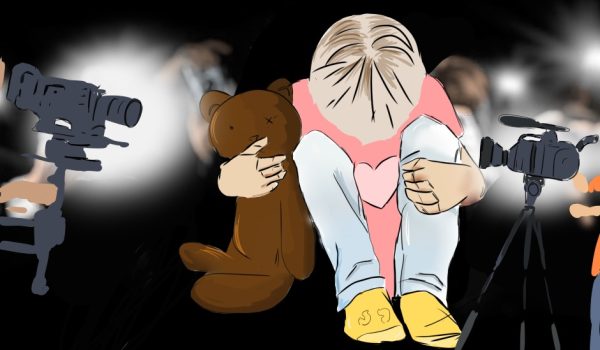

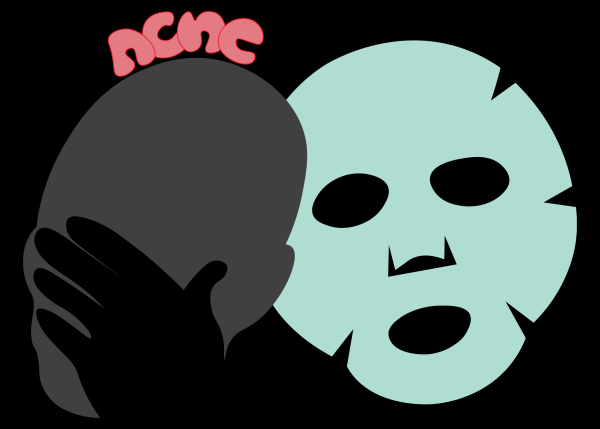

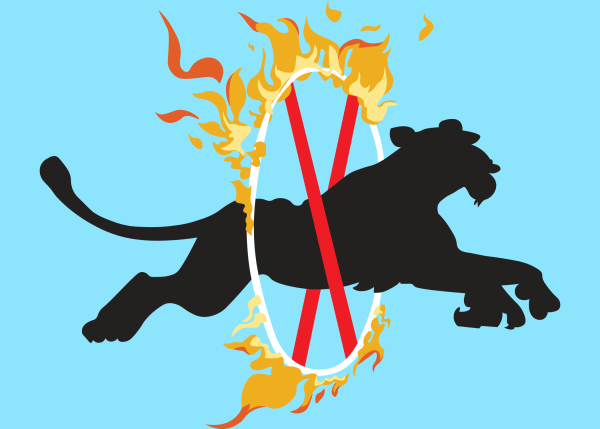
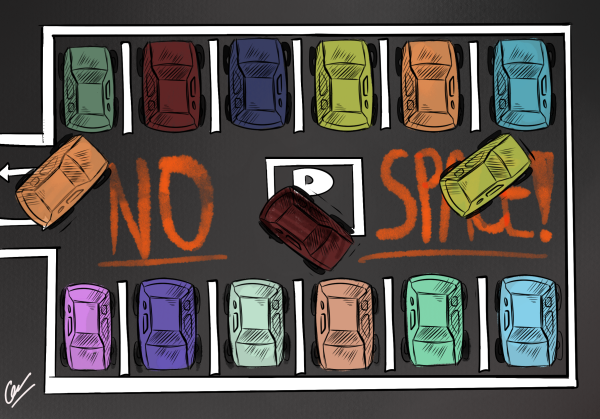

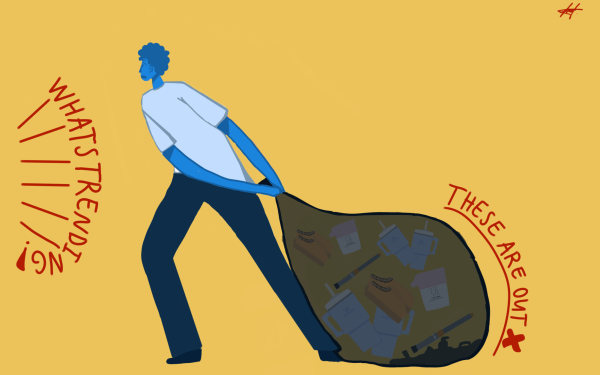

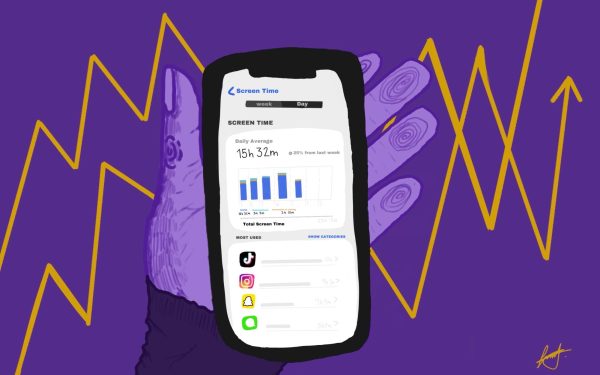
Aaron • Apr 12, 2021 at 6:29 pm
You should always stand for National Anthem that
represents freedom is disrespect the National Anthem or the flag then you disrespect the country and the men and women you gave there live so we could be free and this whole Black Lives Matter crap is dumb cause all lives matter not just black lives
adviser • May 7, 2021 at 9:52 am
While we do appreciate you engaging with our content Aaron, we would like to note that your comment appears to lack the full understanding of the Black Lives Matter movement. Of course all lives matter however, due to systemic oppression and the racist history of our country, it has been made abundantly clear that marginalized communities do not matter, especially the Black community. We can provide you with ample resources that highlight the historical struggle the Black community has faced and hopefully that will broaden your mindset. In regards to the BLM movement, the whole purpose of it is to promote accountability for our law enforcement. Black people are killed at a disproportionately higher rate by police officers than other race/ethnic group, and despite there being statistics and real life examples to prove this, there has been little to no change to eliminate this problem. To make our response short, think of it as “Black Lives Matter Too” – The Eagle Eye Editorial Board